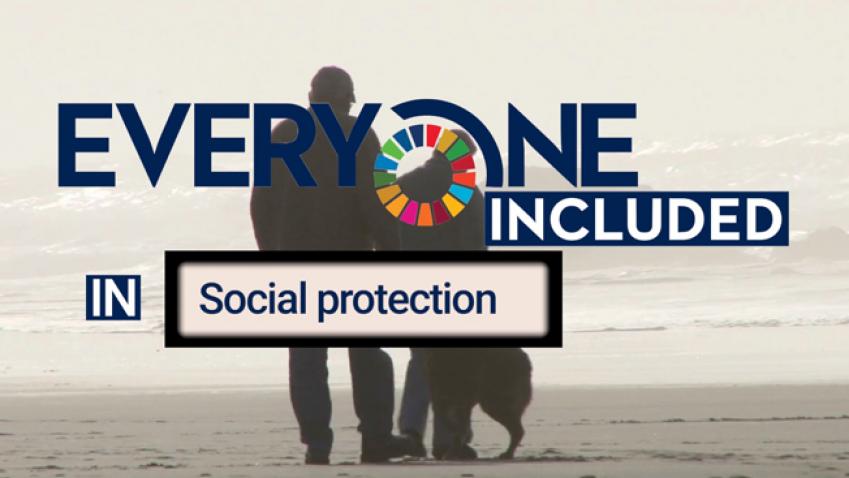Homelessness is one of the crudest manifestations of poverty, discrimination and inequality, affecting people of all ages, genders and backgrounds. Globally, 1.6 billion people worldwide live in inadequate housing conditions, with about 15 million forcefully evicted every year according to UN-Habitat, which has noted an alarming rise in homelessness in the last 10 years.
This month, for the first time ever, the UN Commission for Social Development will discuss the global homelessness crisis and the strategies to put an end to it by the end of the decade. Meeting at the UN Headquarters in New York from 10 to 19 February 2020, the Commission will hear from a variety of speakers, representing not only governments, but also NGOs, businesses, municipal authorities and academia.
The delegates will share their experiences and examples of innovative solutions that have worked in fighting homelessness, such as Finland’s “Housing First” policy, which since its launch in 2008, has reduced the number of long-term homeless people in Finland by more than 35%, nearly eradicating rough sleeping in the country’s capital.
The Commission will also kick off the celebrations of the 25th anniversary of the World Summit for Social Development. Held in Copenhagen in 1995, the summit was a watershed moment in the fight for social justice, agreeing on three key objectives of social development: eradicating poverty, promoting full and productive employment, and fostering social inclusion.
More than 100 presidents, royals, prime ministers and other heads of state and governments and over 14,000 other delegates adopted the Copenhagen Declaration on Social Development, which emphasized that eradicating poverty is not only an ethical, but also a social, political and economic imperative. The 186 participating countries also agreed to “place people at the centre of development by ensuring full participation by all.”
A quarter of a century later, much progress has been made to make social inclusion a reality, but we are still far away from realizing the 10 commitments of the Copenhagen Summit, most of which are now included in the Sustainable Development Goals (SDGs).
As we celebrate the 25 years of championing social inclusion, UN DESA will be reminding Member States and other stakeholders that economic growth is necessary but not sufficient to reduce poverty, and that social policy is crucial to achieving sustainable development for all. Building a world we want is only possible when everyone is included.
For more information:
58th Session of the Commission for Social Development (CSocD58)
Celebrating 25 years of Championing Social Inclusion
About UN DESA
UN DESA Products
UN DESA Divisions
- Office of Intergovernmental Support and Coordination for Sustainable Development
- Division for Sustainable Development Goals
- Population Division
- Division for Public Institutions and Digital Government
- Financing for Sustainable Development Office
- Division for Inclusive Social Development
- Statistics Division
- Economic Analysis and Policy Division
- United Nations Forum on Forests
- Capacity Development Programme Management Office

